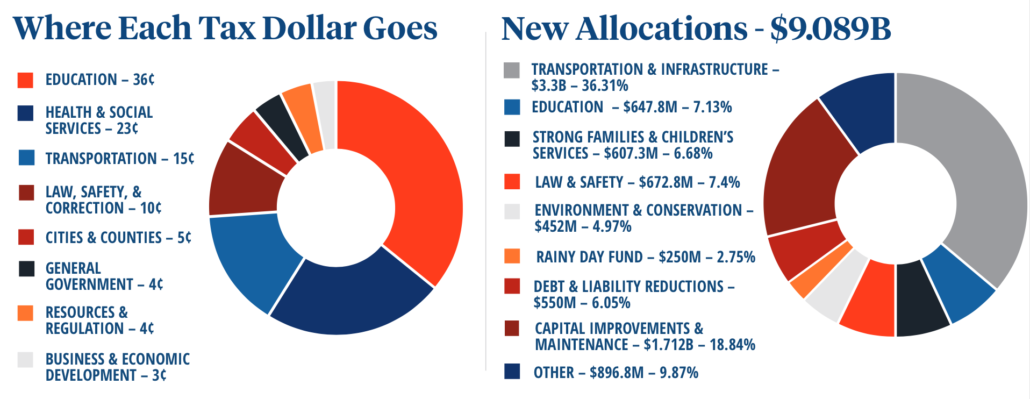Muscle Shoals – Today TECA CEO Mike Knotts addressed the TVA Board of Directors during a public listening session in Florence, Alabama. A readout of Mr. Knotts comments are below.
Marriott Shoals Hotel Conference Center | Florence, AL | 2:00 p.m. CST
Good afternoon. My name is Mike Knotts, and I have the pleasure of serving as the CEO of the Tennessee Electric Cooperative Association. I appear here today on behalf of the 25 local power companies who are members of TECA, and we would like to share our most sincere congratulations to each of you who have been newly appointed, as well as those of you who are continuing your service on the Board.
The President of the United States has appointed you, the United States Senate has confirmed you, and now the people of the Tennessee Valley will rely upon your judgement and discernment. Your role is important, and the decisions you make will have lasting impacts on the communities and individuals that we jointly serve.
Delivering power requires three components – generation, transmission, and distribution – and each of these three parts require unique skill sets and expertise. As you have undoubtedly already learned plenty about, the way energy is delivered in the Tennessee Valley is unique compared to the rest of the country.
TVA’s role is that of a generation and transmission entity, with 153 locally owned and controlled entities serving the role of distributing power to the end-use consumer. This allows both TVA and the local power companies to focus on core competencies. This more distributed model – rather than a vertically integrated structure that delivers all three components in a single entity – is not what is unique, however.
It is TVA’s ownership and multifaceted purposes that make TVA unique. TVA is a federal corporation whose assets are owned by the U.S. Treasury rather than shareholders or its customers, a G&T utility, a steward of natural resources, a provider of navigation and flood control, a regulatory body with the powers of a state Public Utility Commission, and even a police force – these many different roles are what make TVA unique.
This structure has positives and negatives for sure, but is undeniable that TVA’s mission has changed the face of the Tennessee Valley and continues to offer significant advantages that result in economic health, environmental benefits, and a focus on the needs of individuals and businesses in our communities.
Among the 153 local power companies served by TVA, TECA represents 25 cooperatively owned utilities that serve consumers in Tennessee, Kentucky, Virginia, North Carolina, Georgia, and Mississippi. And collectively, our cooperatives’ member-owners fund 25 percent of TVA’s revenues.
Unlike some of our other friends and colleagues in the local power company community, and TVA itself, electric cooperatives are private corporations. We are not units of government, and our private-sector viewpoint brings unique perspective and important context to the joint challenges we face.
But because we are not for profit, we share in TVA’s mission of service and desire to make our communities a better place.
On behalf of all of TECA’s member cooperatives, we stand ready to work with you and ensure that TVA’s strategic direction remains focused on what is best for the people we jointly serve. Thank you for your time and attention.


